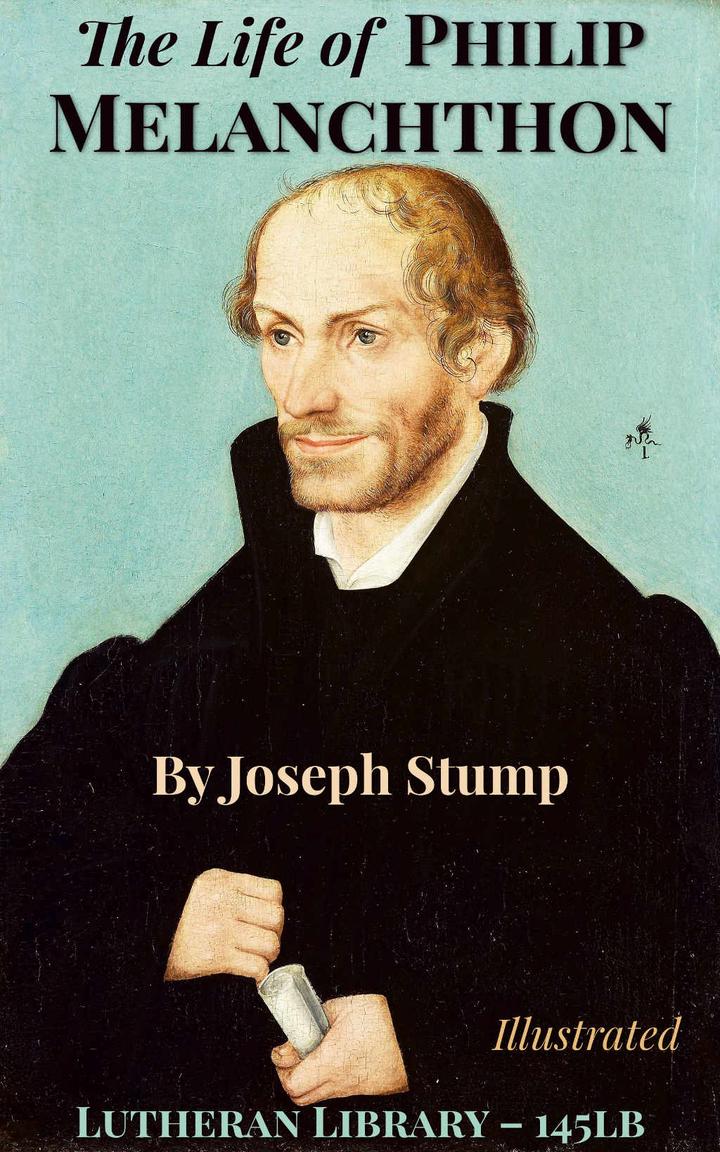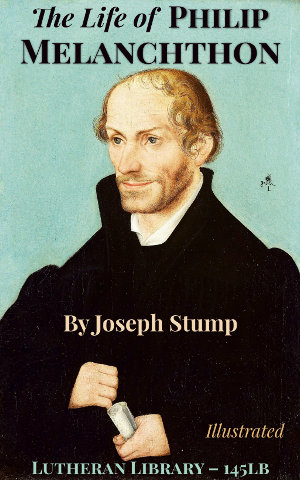Philip Melanchthon by Joseph Stump

In the great Reformation of the 16th Century, Melanchthon stands next to Luther alone. Yet he is unknown to many intelligent Christians.
“The brilliant intellectual gifts of Melanchthon elicited the unqualified admiration of Luther, Erasmus, and in fact of all his contemporaries. Endowed by nature with an extraordinary memory, and possessed of unwearied industry in the pursuit of knowledge, he became in almost every branch of learning the peer and frequently the superior of those who made these branches a special study…
Table of Contents
Melanchthon, Luther and the Reformation
“His strength lay… in the power to develop, expand, clear up, define, and defend evangelical truth. The old comparison, that Luther found the deep-lying veins of ore and brought the precious metal to light, while Melanchthon coined it and set it to circulating, contains much of truth. He was gifted with rare powers of lucid expression, and wrote a beautiful style. On this account he became the scribe of the Reformation. He not only wrote those two greatest confessions of Protestantism, The Augsburg Confession and The Apology, but whenever the Wittenberg theologians were called upon for an opinion, it was almost invariably Melanchthon upon whom the task of preparing it devolved.
“He possessed in an eminent degree the very talents which were needed to make him an invaluable assistant to Luther. A wise and beneficent Providence decreed that these two, the one warlike, aggressive, bold, the other peaceful, cautious, apprehensive, should labor side by side for the same great cause; and that, linked together by the same devotion to God and the truth, they should supplement one another’s work by the very diversity of their talents and temperaments…” 1
Hatred of Melanchthon
“The hostility which existed toward Melanchthon during the last years of his life continued after his death. His valuable services in the cause of the Reformation were forgotten by all but his immediate followers; while his concessions to the Roman Catholics, his unionizing efforts, and his divergence from strict orthodoxy, were remembered against him. Early in the seventeenth century the feeling against him was still so strong that, in a public discussion at Wittenberg, the Lutheran theologian Leonhard Hutter became so enraged when Melanchthon was quoted as an authority, that he violently tore down and trampled under foot a picture of Melanchthon which hung on the wall. For nearly two hundred years after his death there were few who ventured to lift their voices in his favor, to point out the distinguished services which he rendered to the cause of the truth, or to accord to him the honor to which he was justly entitled."2
